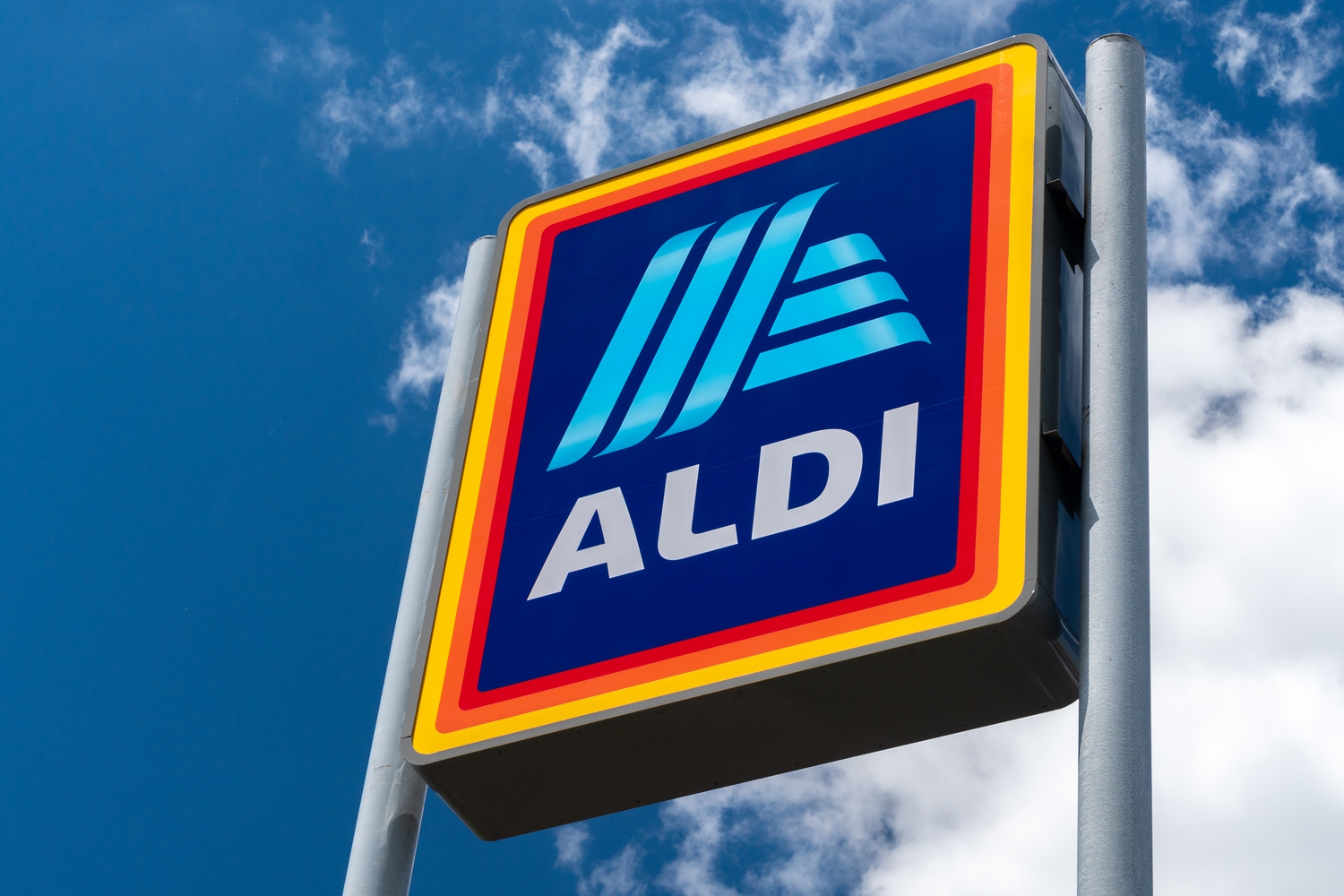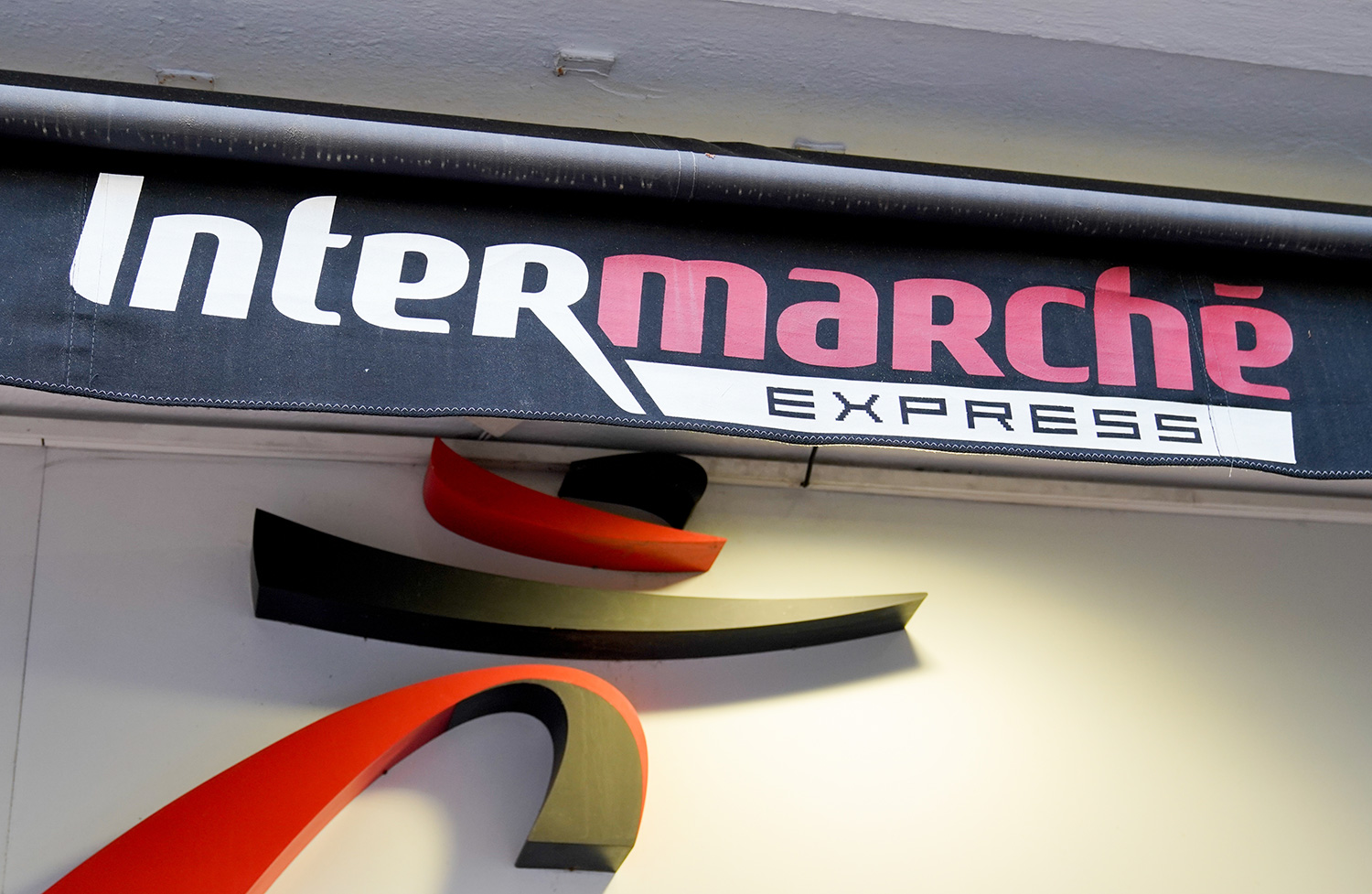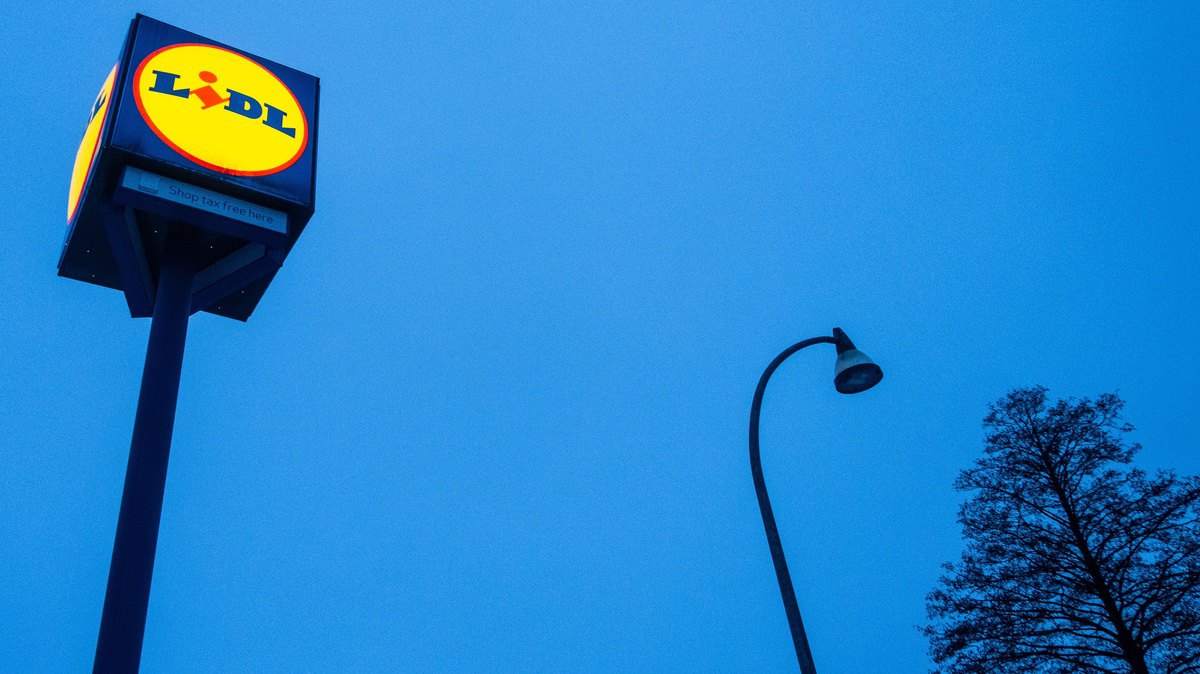

Discounters have been gaining market share in recent months. As inflation rises, more and more households are turning to low-cost brands. Will discounters be the big winners in this inflationary period? How will this affect the retail sector and the M&A market? Experts from AURIS Finance, an M&A consultancy, explain.
A recent study by the NielsenIQ institute for 60 millions de consommateurs magazine estimated that households now have to pay €90 a month to keep up with the general rise in prices (i.e. €1,080 a year). This amount can be divided into three parts: transport, energy, and the average supermarket basket. This last element has not escaped the attention of discounters such as Lidl and Aldi in France, which are increasingly attracting new shoppers. Kantar’s Consumer and Retail Trends panel shows that between April and May 2022, Aldi attracted 385,000 new customers, increasing its market share to 2.8%. At the same time, LIDL added 350,000 customers, taking its market share to 7.6%. Together, the two German giants now account for almost 10% of the French market.
Traditional retailers strike back
Aware of the impact of persistent inflation on French consumer habits, the major traditional retailers are now trying to win the loyalty of consumers looking for low prices. E. Leclerc was one of the first to fight back with its “anti-inflation shield”, which systematically offsets any price increase in the form of loyalty card credits. This initiative was launched on 4 May and covers 120 products used in everyday life. For its part, the Carrefour group has developed the “prix serrés” campaign, which offers 200 products at reduced prices in the catchment areas of its supermarkets. The campaign comes with the tagline “When things go up, we tighten our margins, so you don’t have to tighten your belt”. This is a first for the French giant, which is not in the habit of communicating with the public about its margins. This price pressure is not without repercussions for the producers and suppliers of the major chains, who also have to cope with soaring prices. Against this backdrop, producers and suppliers are back at the negotiating table, hoping to secure further upward price adjustments from the major chains.
What are the implications for the M&A market?
The current trend in mass retail is towards concentration, with global brands being targeted by investment funds. Through mergers, retailers are trying to combine their distribution channels and achieve cost synergies. For companies up for sale, market share is a key valuation metric. Loyalty strategy is thus very vital for any retailer that must continue to service consumers in an inflationary market by offering them prices that meet their expectations.
Get the support you need
For retailers and their suppliers, the end of 2022 promises to be a tense time. Sustained inflation is forcing them to rethink their business models and work on new loyalty strategies. Whatever your project, AURIS Finance’s experts are at your side. Our food and retail experts can advise you throughout the entire process of a takeover or in the selling of your company.
Contact us


